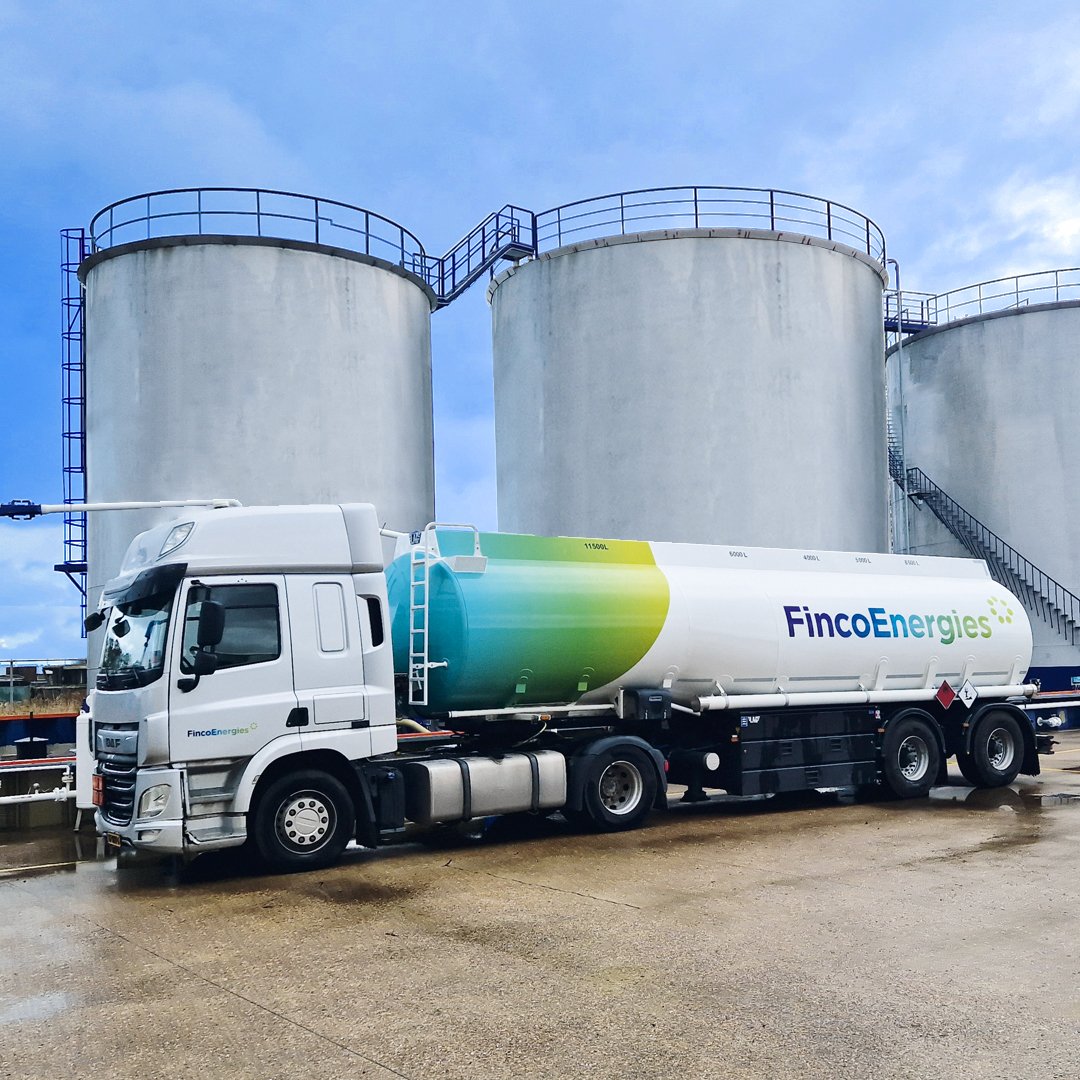Moving forward
Driving the future of mobility
We are one of the frontrunners in the distribution and supply of advanced and sustainable biofuels, different blends and traditional products. Thanks to our solid distribution network, we serve 20% of the Dutch inland fuel market and are expanding our activities into Germany.
.png)
How are we driving a sustainable future?
To pave the way for a better world for future generations, we place a strong emphasis on increasing the share of low-carbon fuels within our portfolio. We recognise that the future is now, and our product line spans from B7 to our truly sustainable GoodFuels product range. Our bio-based products are sourced from a variety of certified waste and residue streams, all of which are either ISCC certified or approved by our GoodFuels Sustainability Board.
What sets us apart is our ability to provide comprehensive decarbonisation services, including Renewable Energy Units and Scope 3 carbon road credits, offered through our industry-leading GoodShipping brand. For insights into the full range of possibilities, consult with our expert road fuel advisors.
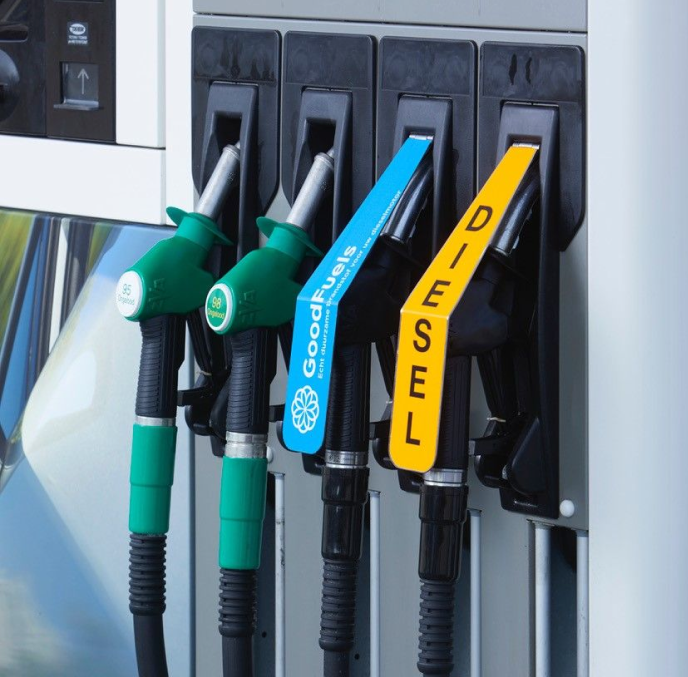
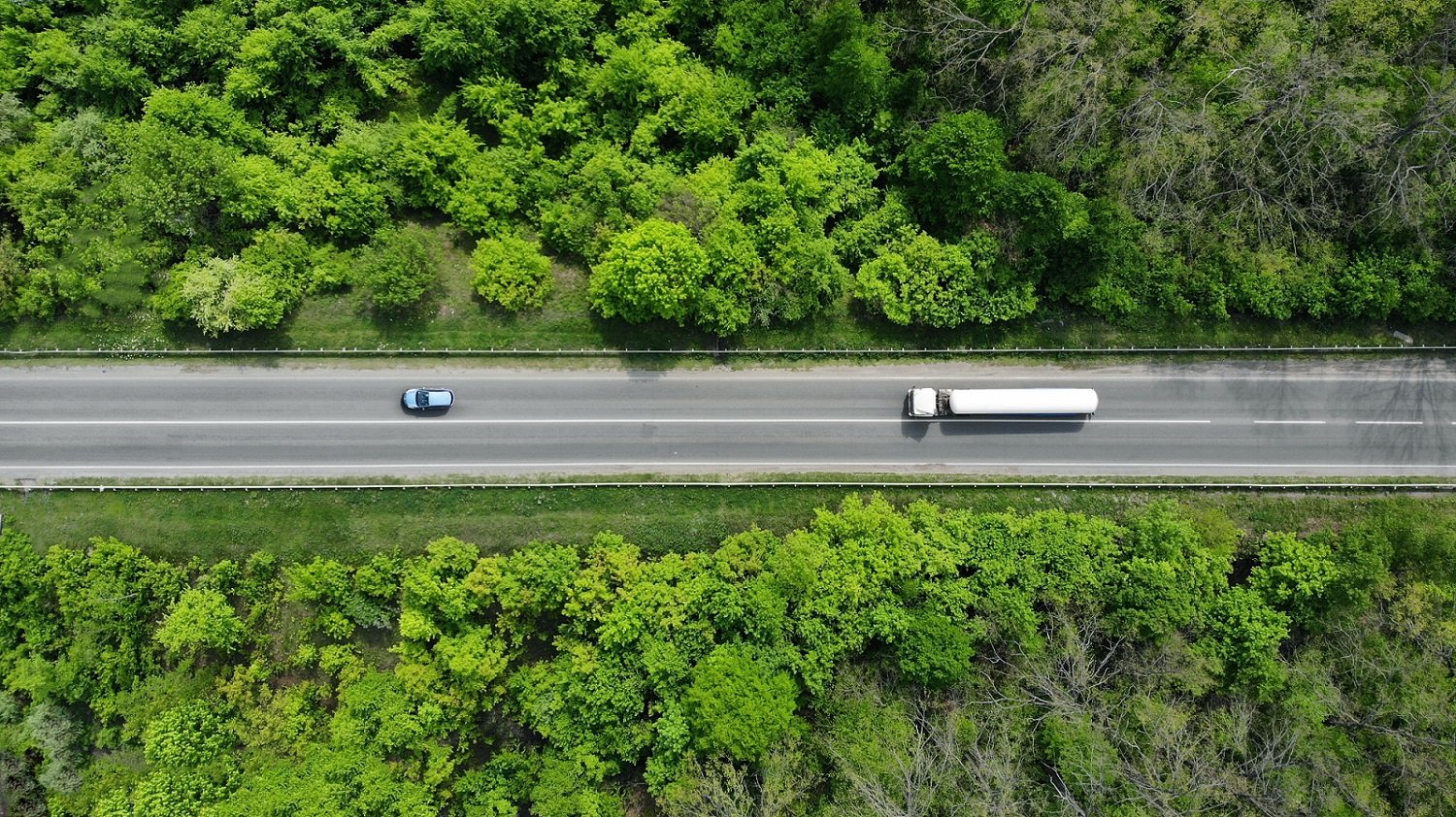
Our road products
Our road products
We believe that every customer has unique energy requirements, and we are here to meet them all. From resellers seeking reliable energy sources to end users like farmers tending to our soil, we serve a diverse range of users and segments across the Netherlands.
The sustainable background of our road fuels
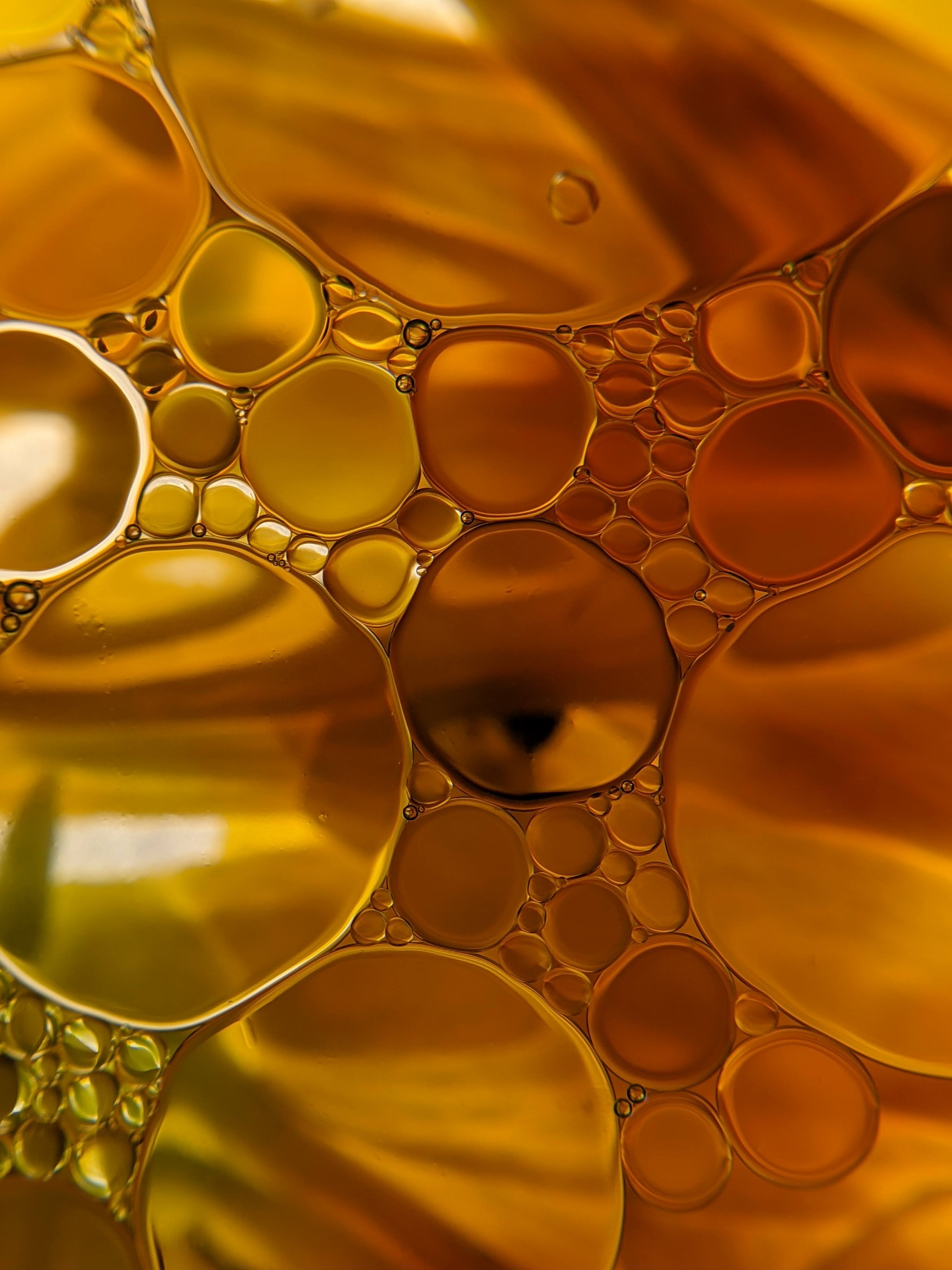
HVO (Hydrotreated Vegetable Oil)
A sustainable synthetic diesel, which is produced from the residue streams of the food industry or industrial processes. HVO reduces CO2 emissions by up to 89 percent and ensures clean combustion, both on land and water. FincoEnergies offers HVO in its purest form (100%) and in blends: HVO20 and HVO7.
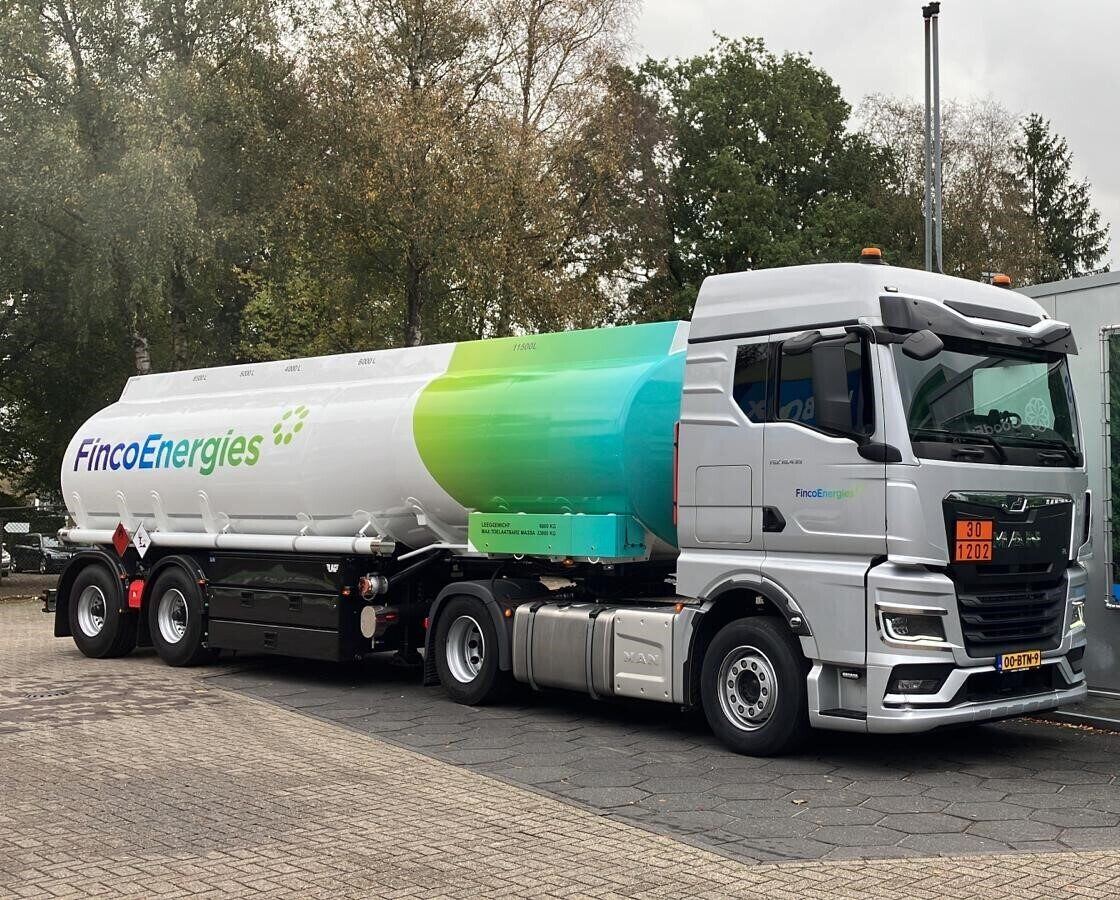
Biofuel Swap
FincoEnergies' Biofuel Swap offers transport companies a simple way to reduce emissionswhen they do not have direct access to HVO100.
With guidance from our experts, you'll determine your HVO100 needs. Instead of using the fuel directly, we add the required liters to our diesel volume and integrate it into our Dutch fuel road network, helping you drive a more sustainable future.
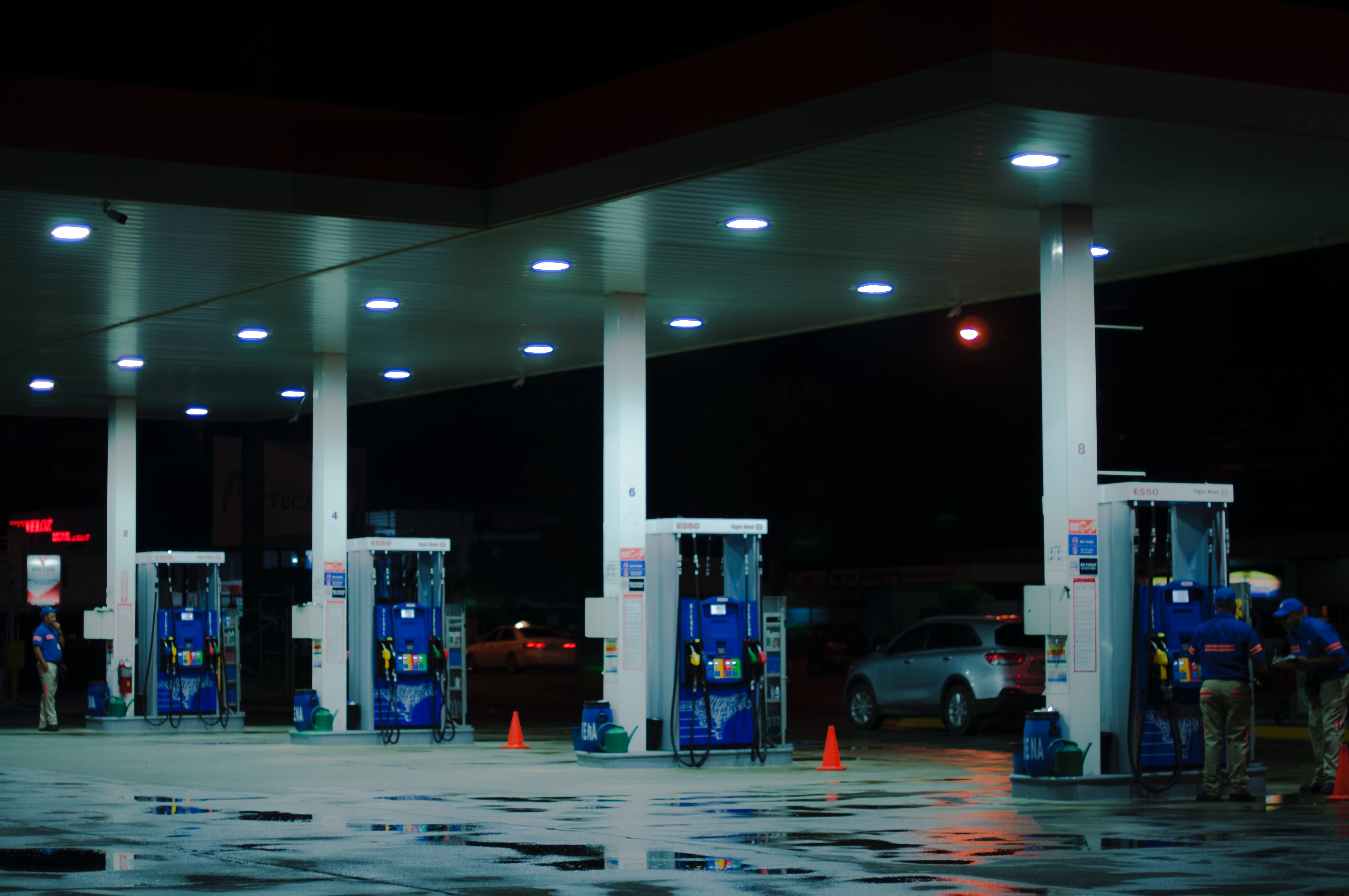
FAME (Fatty Acid Methyl Ester)
A proven biodiesel made from waste animal fats, used cooking oil, and residue streams from industries like paper and sugarcane. FincoEnergies' technical expertise enables us to offer high blends of sustainable biodiesel. At our Enschede terminal, drivers can access a versatile blend skid with options like B0, B7, and HVO. Customers can customise HVO blends with fossil diesel to meet specific preferences or requirements, ensuring flexibility and convenience.

CHANGEXL
ChangeXL, powered by XBEE enzyme technology, enhances any fuel by acting as a biocatalyst to improve combustion. This boosts engine efficiency, reduces emissions, and improves fuel consumption. The enzymes also break down contaminants like dirt and bacteria, keeping fuel tanks and systems clean, which enhances engine performance and extends fuel system lifespan.

Diesel Green
Lower fuel consumption, fewer emissions
Diesel Green, a premium diesel fuel with advanced enzyme technology, reduces fuel consumption and CO₂ emissions by 6%, while cutting NOx emissions by 11% and particulate matter by 43%.
Cleaner engines, fewer problems
Diesel Green’s enzymes break down impurities like bacteria, sludge, and water, cleaning the entire fuel system and reducing maintenance costs. It extends the lifespan of tanks, filters, and engines while minimising the risk of bacterial contamination.
Some of the sectors we serve
Some of the sectors we support
Transportation
We help transportation and logistics businesses reduce their carbon footprint with our CO2 target program, a wide array of GoodFuels sustainable biofuels, and other decarbonisation solutions, such as the Biofuel Swap.

Agriculture
We support farmers in lowering their CO2e emissions and meeting environmental regulatory requirements. With our CO2 target program, we offer comprehensive solutions that make a direct impact. Our solutions include: GoodFuels sustainable biofuels, Diesel Green, and fuel tank installations.
Infrastructure
We help the infrastructure and construction sector meet sustainability criteria set by governments and local authorities through our CO2 target program, which includes tailored CO2 calculation services, GoodFuels HVO, and other solutions that meet the sector’s needs.
Fuel stations
We leverage our own network of 18 fuel stations (7 manned and 11 unmanned gas stations) and our vast experience to help independent gas station owners manage their operations and fuel supplies effectively.
Our services include the supply of GoodFuels HVO, Diesel Green, fuel tank installations, lubricants, and more.

Automotive
We provide garage companies that offer maintenance services for car owners, with high-quality products, such as AdBlue and lubricants.
Resellers
With our solid distribution network and extensive expertise, we support fuel resellers in effectively servicing their clients. Our commitment to quality and reliability has enabled us to serve 20% of the Dutch inland fuel market, providing our customers with top-tier support and solutions.

How does fuel blending reduce CO2?
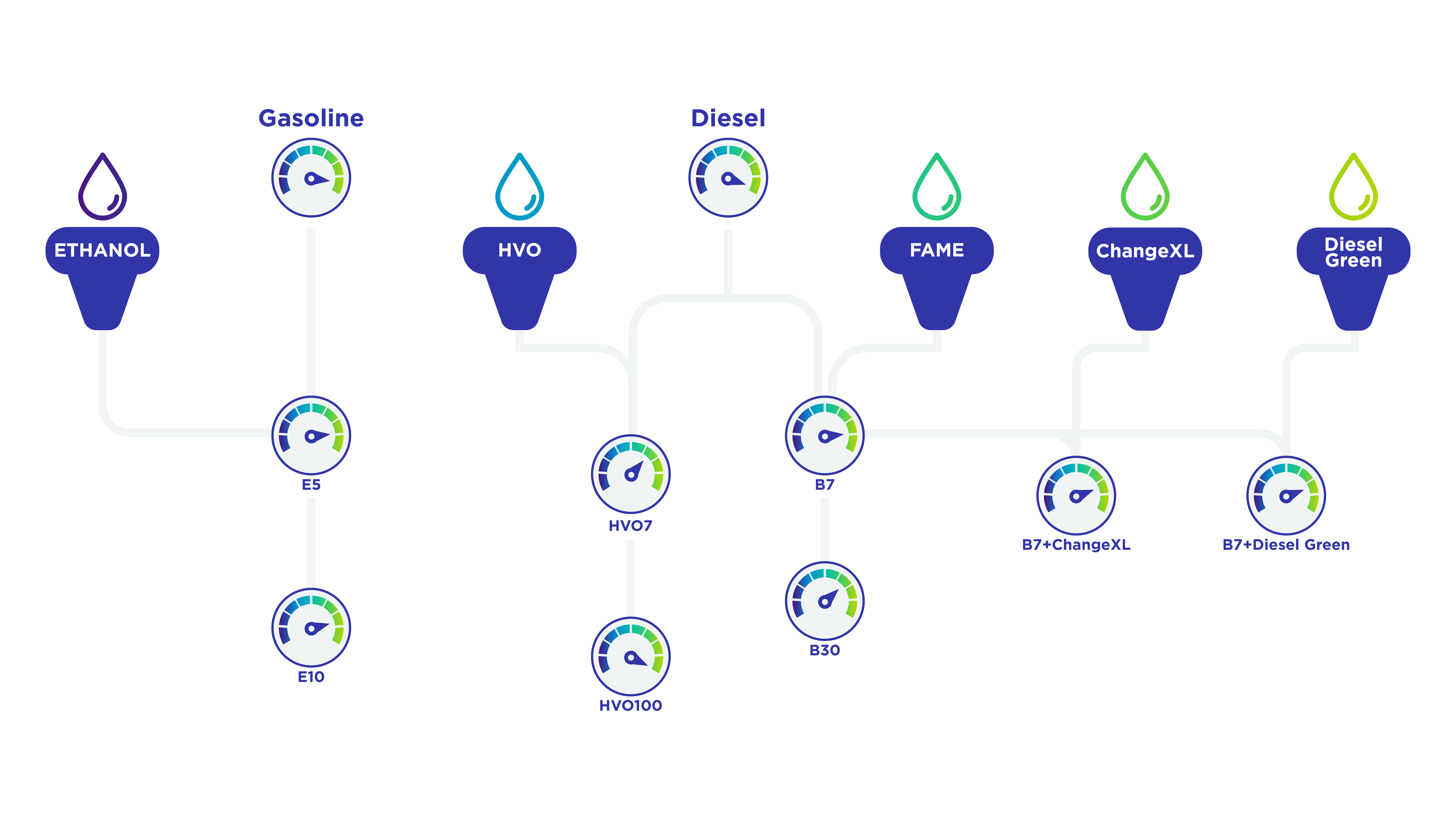
Replacing fossil fuels
We develop, source, and sell low-carbon fuels focusing on the reduction of CO2 and NOx emissions. This is our current fuel program and their indicative CO2 emission reduction
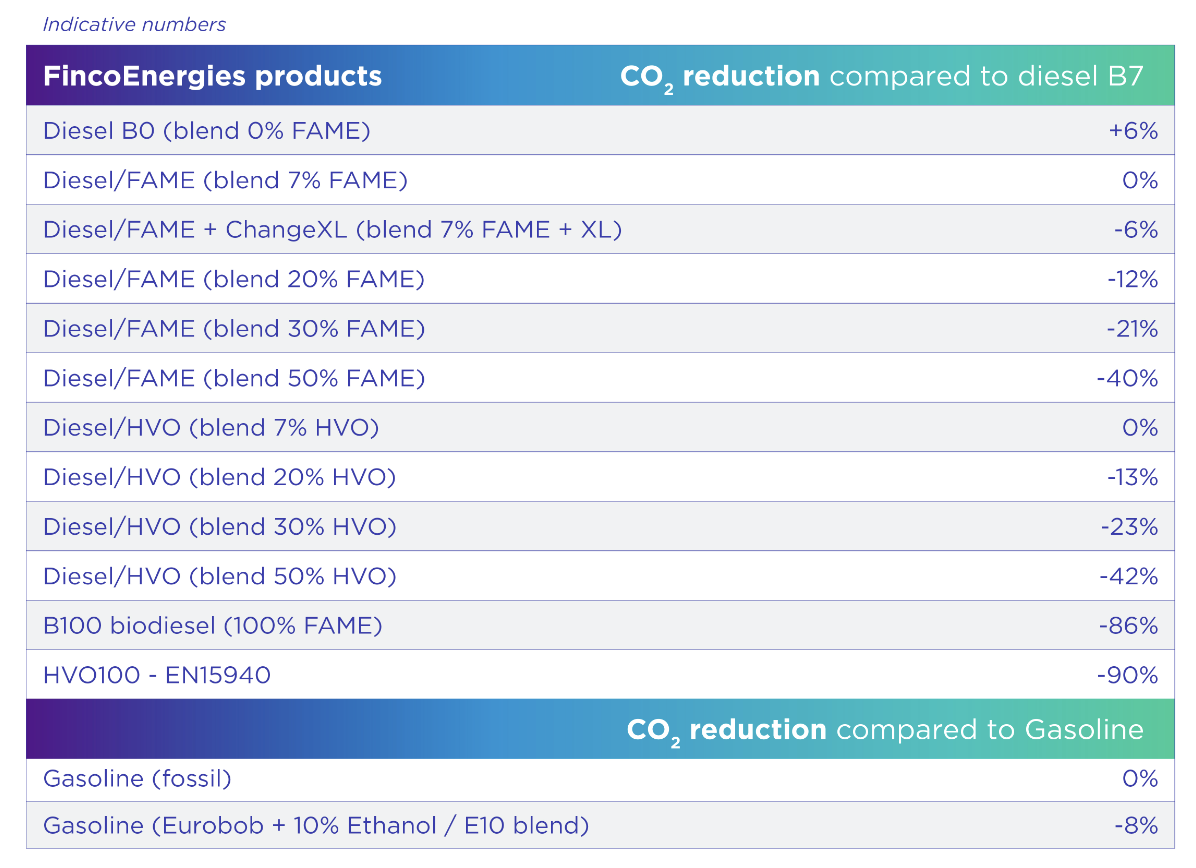
GoodFuels sustainable biofuels
GoodFuels sustainable biofuels enable a well-to-exhaust CO2 reduction for road traffic of up to 90% when compared to fossil fuels. Offered in 20% blends up to 100%, these low-carbon renewable fuels are used in existing road engines for direct decarbonisation of all road transport modalities. Its feedstocks are certified as 100% waste or residue and are approved by an independent sustainability board.
GoodFuels product guarantees
- - Utilizing waste and residue sources
- - Ensuring no impact on food resources
- - Commitment to maintaining existing land use patterns, both directly and indirectly – if considered to be positive.
- - Protecting against deforestation and preserving biodiversity
- - Prioritizing higher applications of feedstocks
- - Achieving a minimum 75% reduction in CO2 emissions
- - Upholding positive social and legal impact
